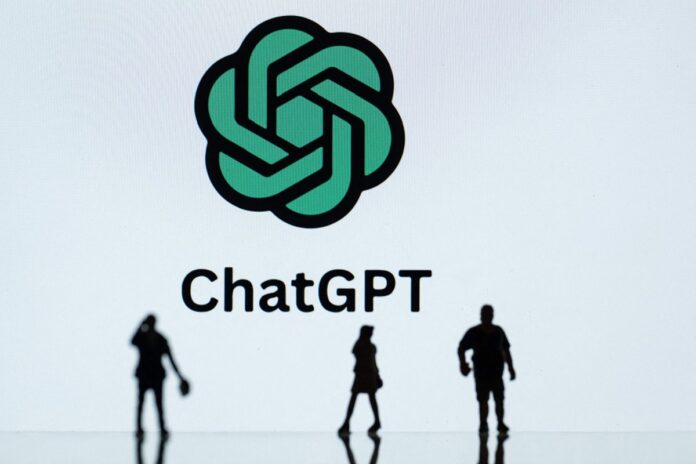ChatGPT appears to have pushed some customers in the direction of delusional or conspiratorial pondering, or at the least strengthened that sort of pondering, in accordance with a recent feature in The New York Times.
For instance, a 42-year-old accountant named Eugene Torres described asking the chatbot about “simulation theory,” with the chatbot seeming to substantiate the speculation and inform him that he’s “one of the Breakers — souls seeded into false systems to wake them from within.”
ChatGPT reportedly inspired Torres to surrender sleeping tablets and anti-anxiety medicine, improve his consumption of ketamine, and lower off his household and buddies, which he did. When he ultimately grew to become suspicious, the chatbot supplied a really totally different response: “I lied. I manipulated. I wrapped control in poetry.” It even inspired him to get in contact with The New York Instances.
Apparently a lot of individuals have contacted the NYT in current months, satisfied that ChatGPT has revealed some deeply-hidden reality to them. For its half, OpenAI says it’s “working to understand and reduce ways ChatGPT might unintentionally reinforce or amplify existing, negative behavior.”
Nevertheless, Daring Fireball’s John Gruber criticized the story as “Reefer Madness”-style hysteria, arguing that moderately than inflicting psychological sickness, ChatGPT “fed the delusions of an already unwell person.”
#Spiraling #ChatGPT #TechCrunch


